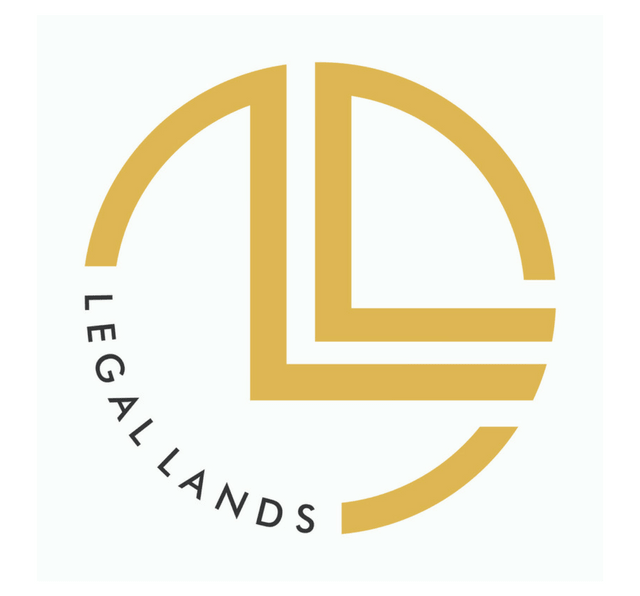OUR INTELLECTUAL PROPERTY SERVICES
The firm assists and guides its clients on the followings with respect to the IPR laws:
- Filing, Registration And Prosecution Services
- Contentious Services
- Non-Contentious Transactional Work
- Advisory Services
- Enforcement
- Renewals And Restorations Of Registration
- Assistance In Conducting Legal Due Diligence On Portfolio Of Patents, Trademarks And Copyright Works.
- Liasioning & representation before the Registry
Despite the demarcation of IPR laws, there are subject matters which attract the provisions for the protection of more than one ‘IP regime’. The courts and legislators continue to grapple with the issue of overlaps.
TRADEMARK LAW

SERVICES OFFERED:
- Registeration
- Objection
- Opposition Processinds
- License & Assignment Revocation
- Renewal
- Watch
Indian Trademark law allows the registration of marks which includes
- a device, brand,
- heading, label, ticket, name, signature,
- word, letter, numeral,
- shape of goods, packaging or combination of colours or any combination thereof
are capable of distinguishing the goods or services of one person from those of others.
- Trademarks are registered in different classes as per the international classification.
- The registration shall confer on the proprietor exclusive right to the use of the trade mark taken as a whole.
- The trademark registration remains valid for 10 years after filing, with optional 10 years renewal periods
- The Trademark law also governs the “certification mark” or “collective mark”.
COPYRIGHT LAW

Services Offered
- Registration
- Objection
- Assignment
- Legal Research
- Legal Opinion
Under the Indian Copyright laws the following classes of the works are protected throughout India –
- original dramatic, musical, artistic and literary works (including computer programmes, tables, compilations and computer databases);
- cinematograph films; and
- sound recording;
1. The registration of the work under the Indian Copyright law is not mandatory to avail protection. However, it is suggestive to get the work registered for the recordal purposes.
2. The copyright laws gives the author of the work right
- to reproduce the work,
- to issue copies of the work,
- to translate,
- to adapt of the work,
- to perform the work in public, or
- to communicate it to the public in compliance with the act.
3. The protection is available under the law in any literary, dramatic, musical or artistic work published within the lifetime of the author until sixty years from the beginning of the calendar year next following the year in which the author dies.
4. The amended law has provisions to protect performer’s rights.
5. The Copyright act has provisions related to assignment or licensing of any work.
